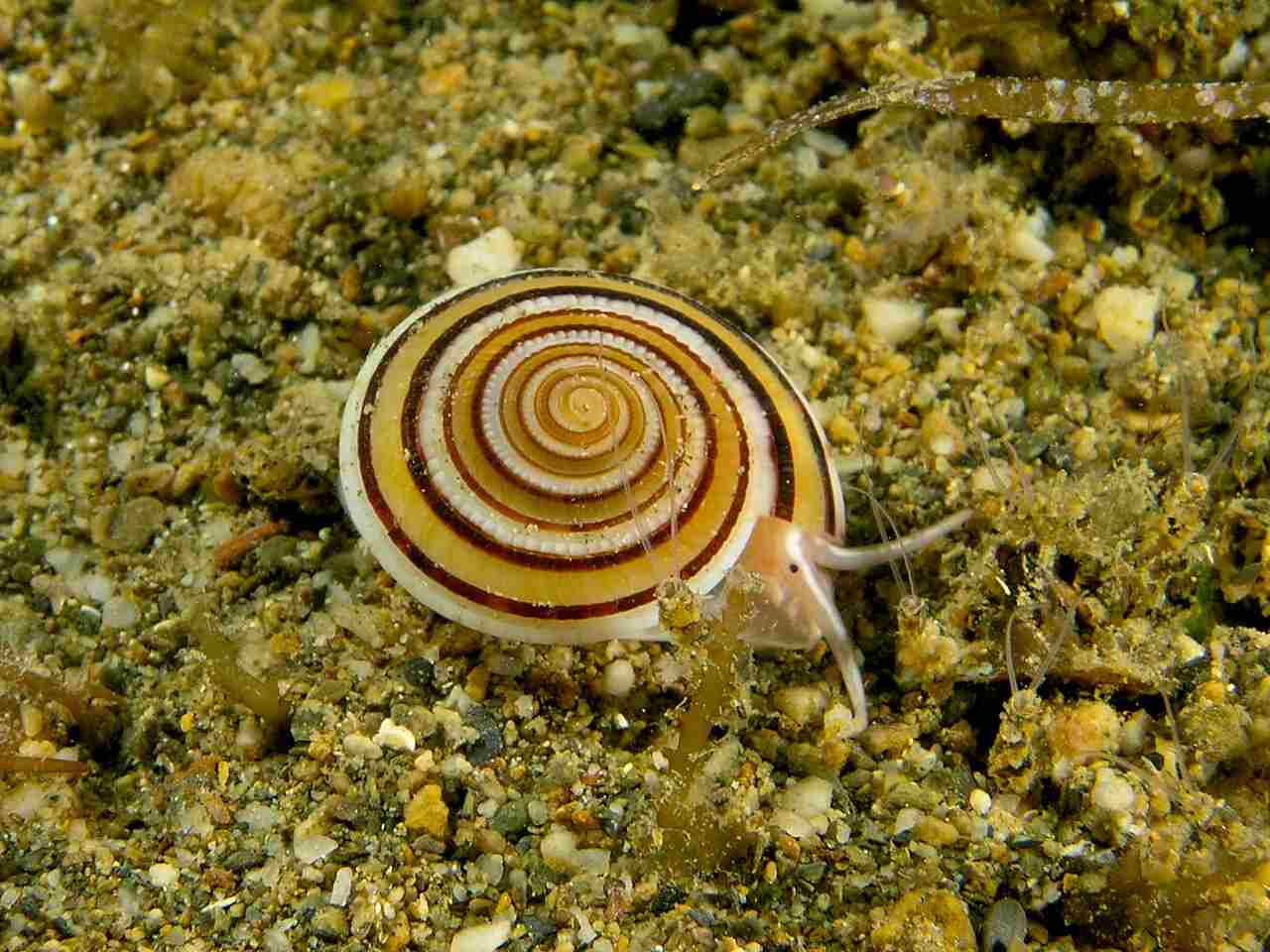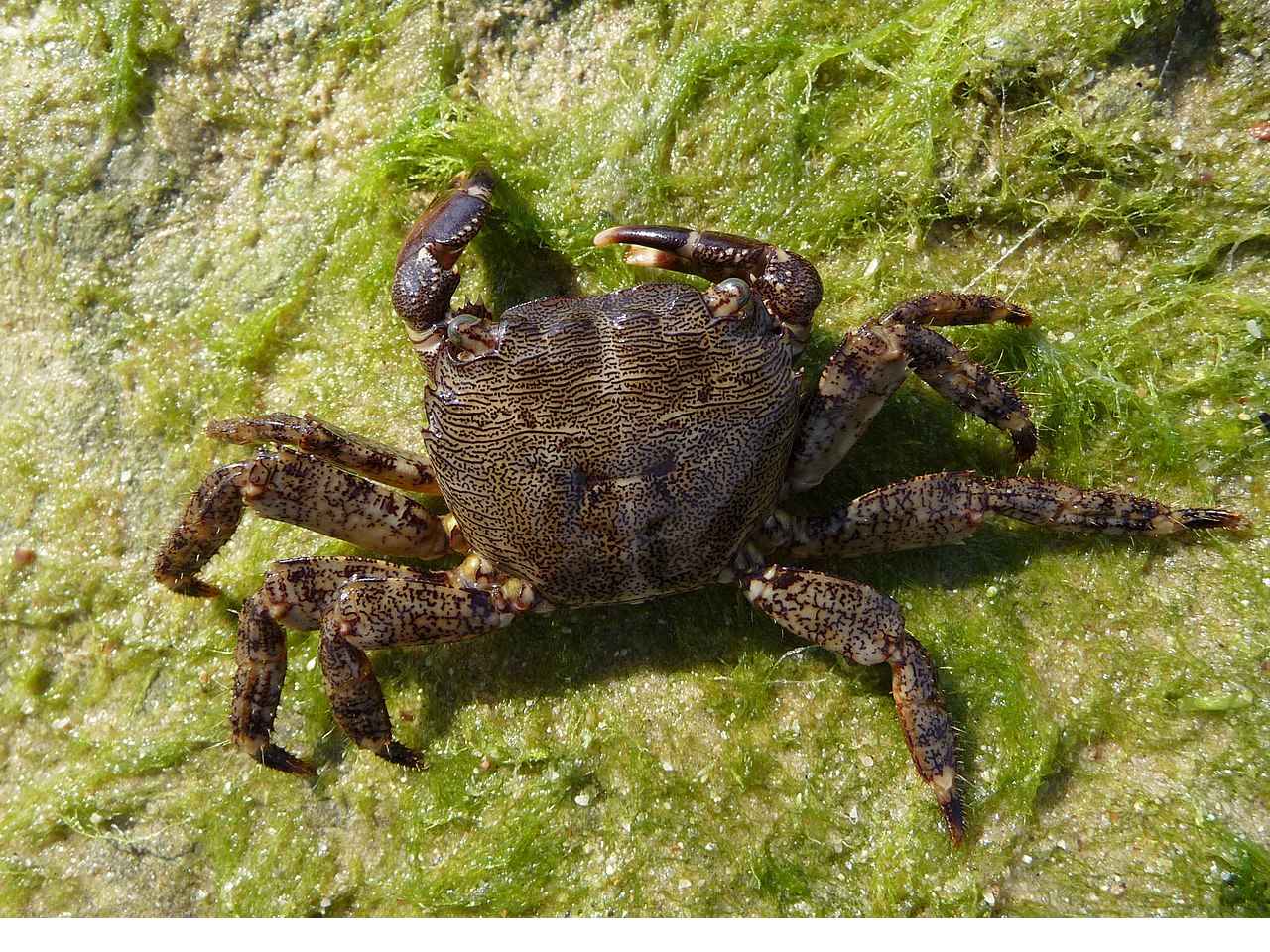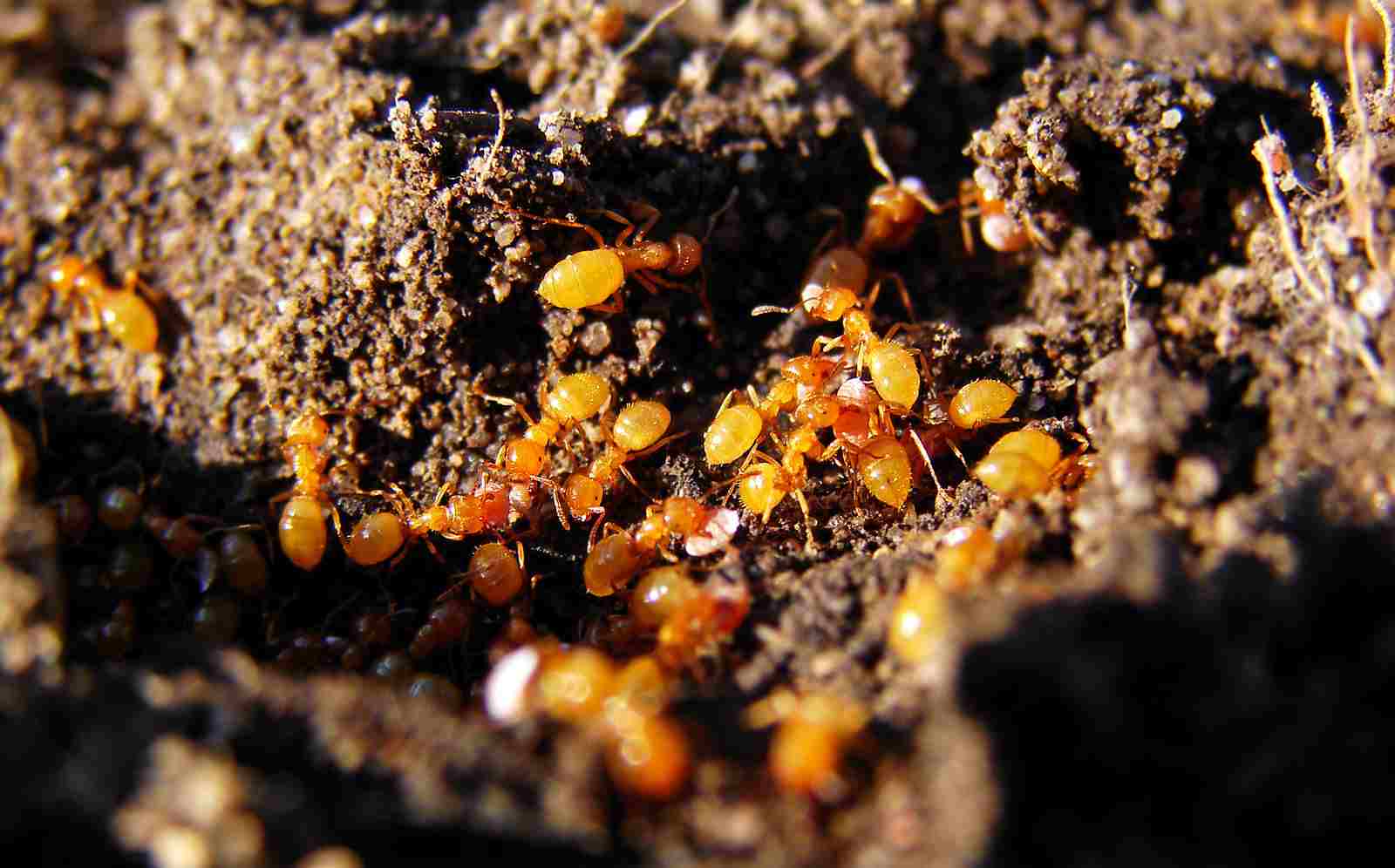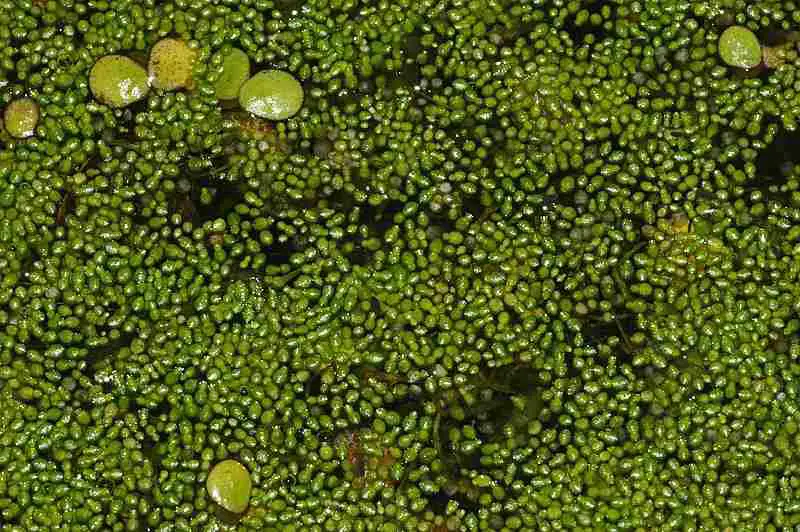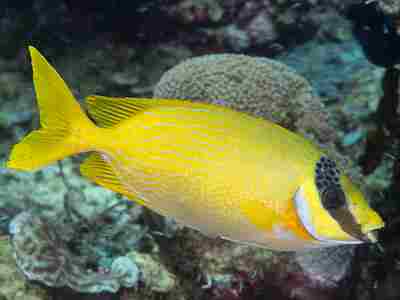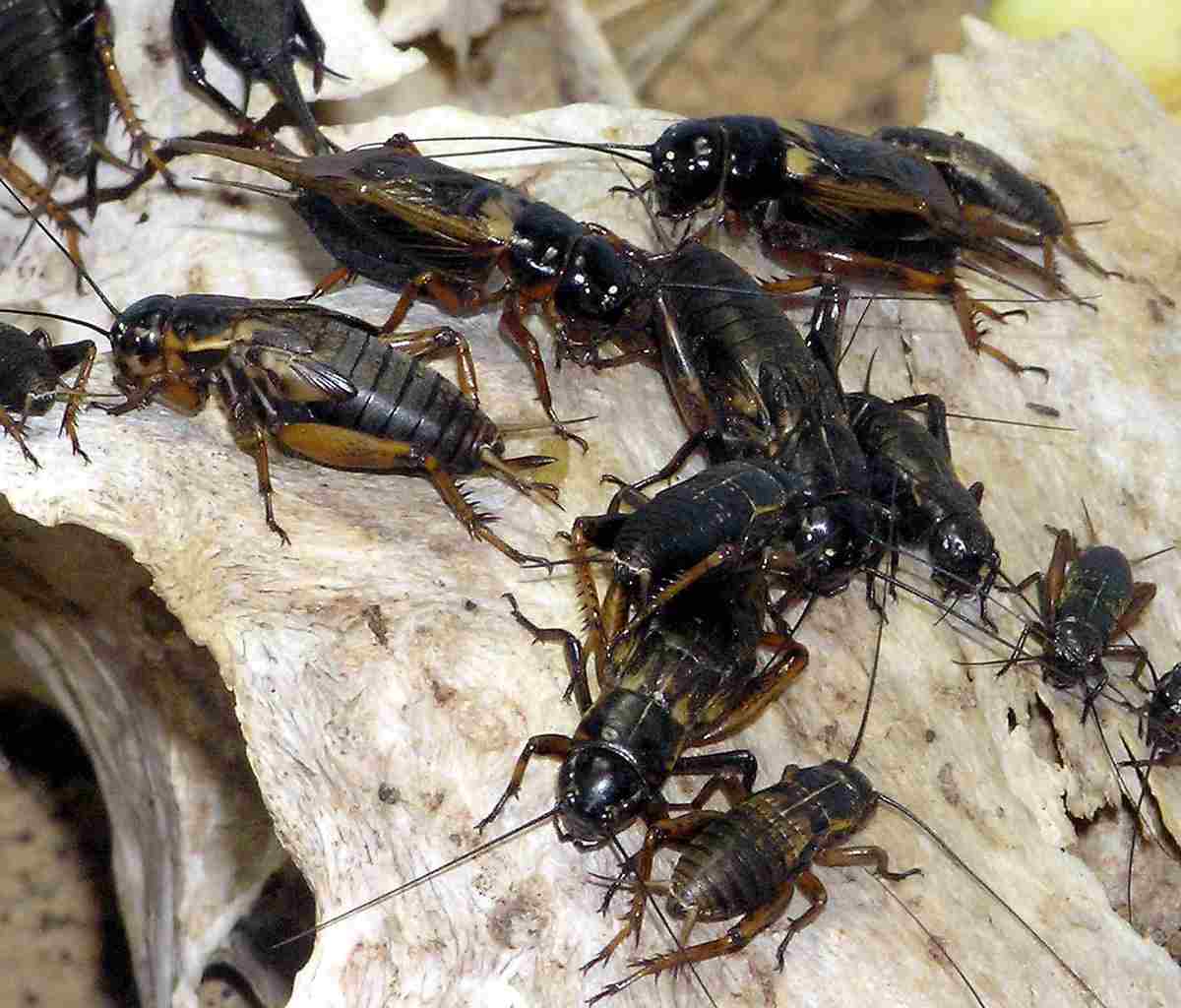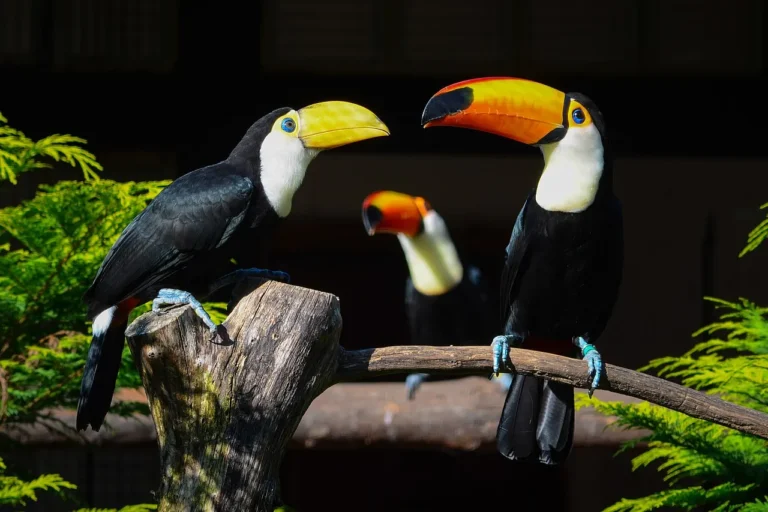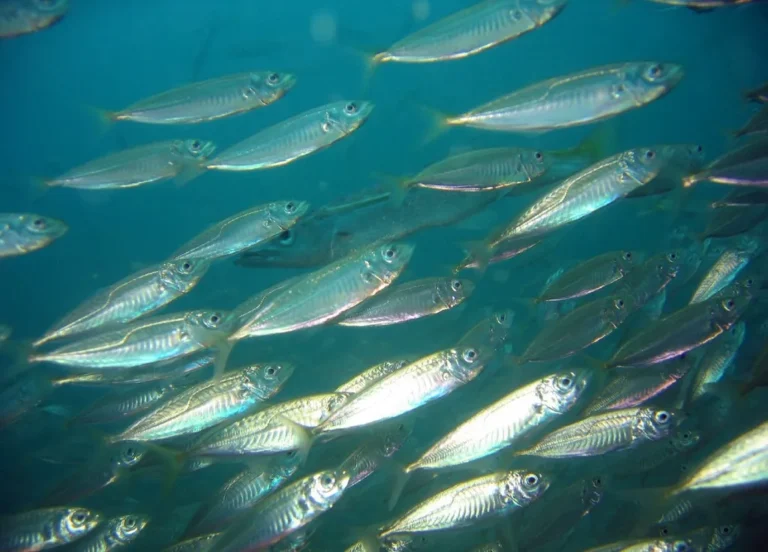Are Beetles Consumers? Beetle Food Chain Position and Role
- Beetles are primarily consumers in various ecosystems. As herbivores, beetles feed on plants, making them essential components of food webs as primary consumers. Some species of beetles also exhibit detritivorous behavior, consuming decaying organic matter, further solidifying their role as consumers in ecosystems.
Reasons Why Beetles are Consumers
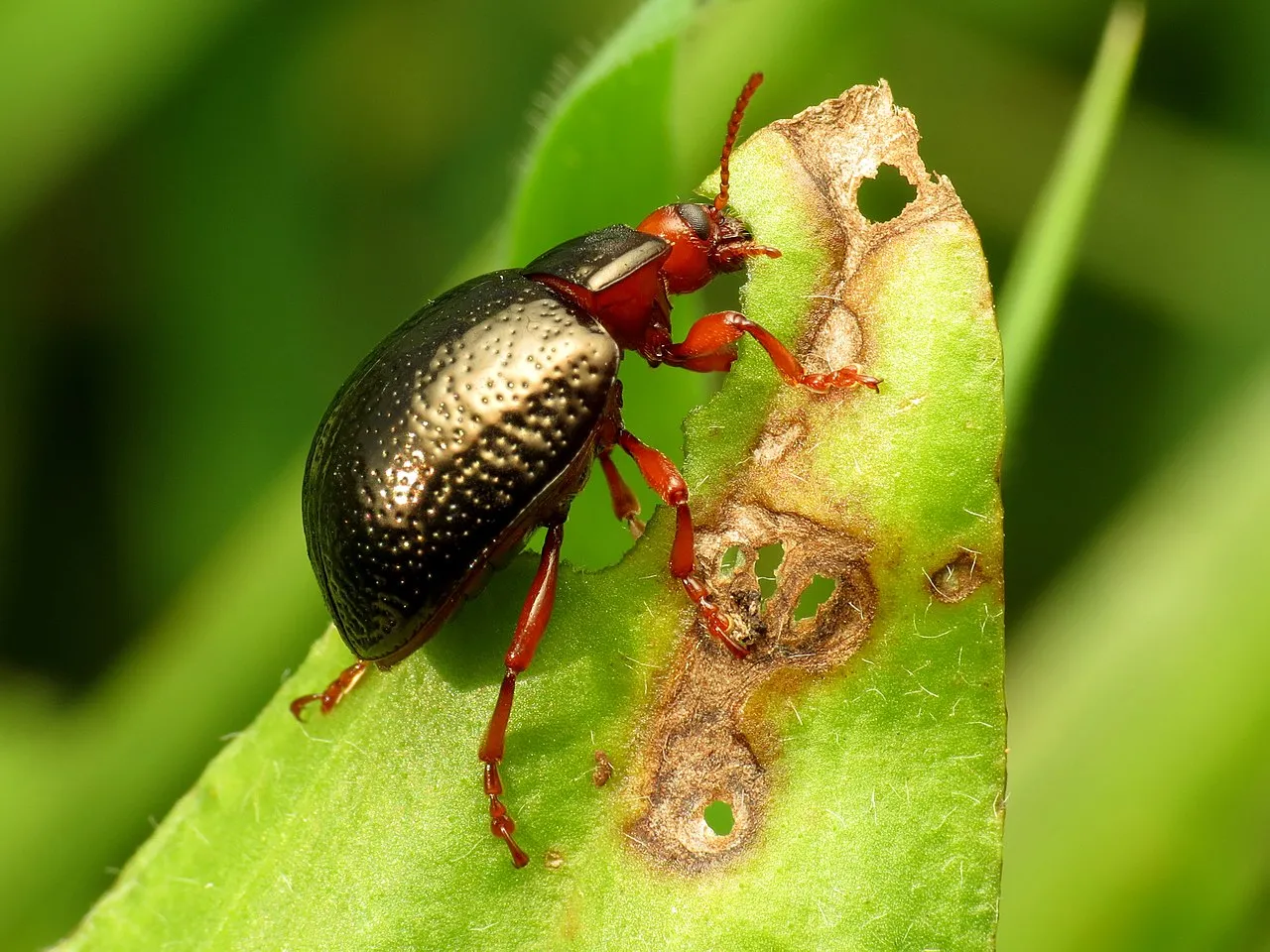
-
Herbivorous Diet: Many beetle species primarily feed on plants, consuming leaves, stems, and other plant parts as their main source of nutrition.
-
Primary Consumers: As herbivores, beetles occupy the position of primary consumers in food chains, playing a crucial role in energy transfer from plants to higher trophic levels.
-
Contribution to Food Webs: By consuming plant material, beetles contribute to the balance of ecosystems, regulating plant populations and serving as prey for higher-level consumers.
-
Detritivorous Behavior: Some beetle species also consume decaying organic matter, such as wood, further expanding their role as consumers and contributing to nutrient cycling in ecosystems.
Are Beetles Producers?
No, beetles are not producers. Producers, such as plants, algae, and certain bacteria, are organisms capable of photosynthesis or chemosynthesis, synthesizing organic compounds from inorganic substances like sunlight, water, and carbon dioxide. Beetles, being heterotrophic organisms, obtain their energy and nutrients by consuming other organisms or organic matter, thus classifying them as consumers rather than producers.
Is Beetle A Producer Or Consumer?
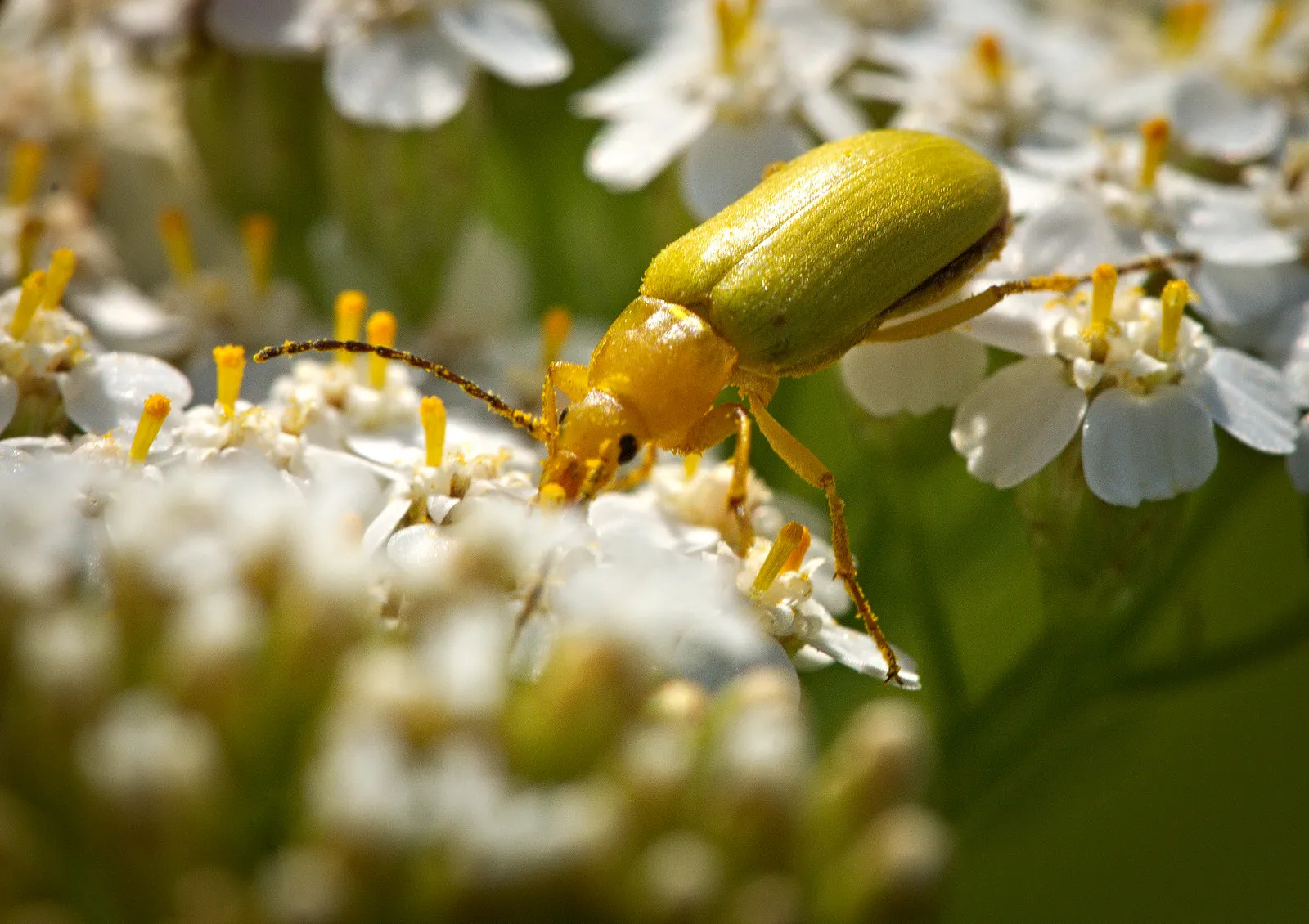
Beetles are primarily consumers in various ecosystems. As herbivores, they feed on plants, making them essential components of food webs as primary consumers. Some species also exhibit detritivorous behavior, consuming decaying organic matter, further solidifying their role as consumers in ecosystems.
What Type of Consumer is a Beetle?
Beetles are typically classified as primary consumers in ecosystems. As herbivores, they directly consume plant material, occupying the first trophic level in food chains. However, some beetle species also exhibit detritivorous behavior, consuming decaying organic matter, which can categorize them as secondary consumers in certain contexts. Overall, their role as consumers varies depending on the specific species and ecological conditions.
Is a Beetle a Producer, Consumer or Decomposer?
A beetle is primarily a consumer in ecosystems. As herbivores, they consume plants, serving as primary consumers in food chains. However, some beetle species exhibit detritivorous behavior, consuming decaying organic matter, which could categorize them as secondary consumers or even decomposers in certain contexts. Therefore, while beetles are not producers, they play important roles as consumers and may also contribute to nutrient cycling as decomposers.
Is Beetle A Decomposer?
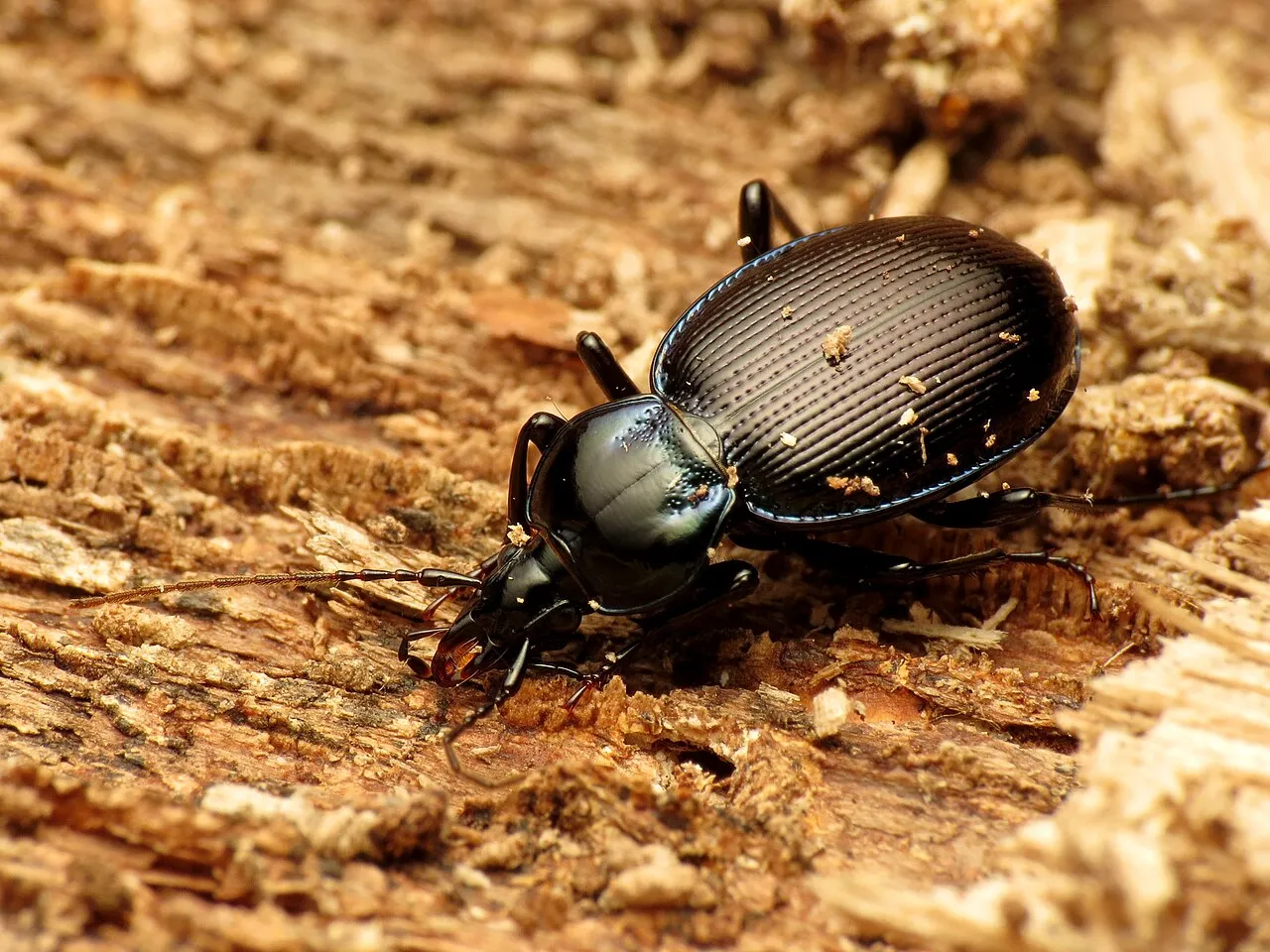
Beetles are not typically classified as decomposers in traditional ecological contexts. However, certain beetle species, particularly those exhibiting detritivorous behavior, contribute to the decomposition process by consuming decaying organic matter such as wood. In this role, they aid in breaking down organic material and returning nutrients to the soil, albeit to a lesser extent compared to true decomposers like fungi and bacteria.
Reasons Why Beetles May be Classified as Decomposers in Some Cases
-
Detritivorous Behavior: Certain beetle species, especially during specific life stages, exhibit detritivorous behavior, consuming decaying organic matter such as dead plant material or wood.
-
Contribution to Decomposition: By consuming decaying organic matter, beetles accelerate the decomposition process, aiding in the breakdown of organic material and the release of nutrients back into the ecosystem.
-
Role in Nutrient Cycling: Beetles that function as detritivores play a crucial role in nutrient cycling by facilitating the return of essential nutrients, such as carbon and nitrogen, from decaying matter to the soil, where they can be utilized by plants and other organisms.
Is A Beetle A Decomposer Or Consumer?
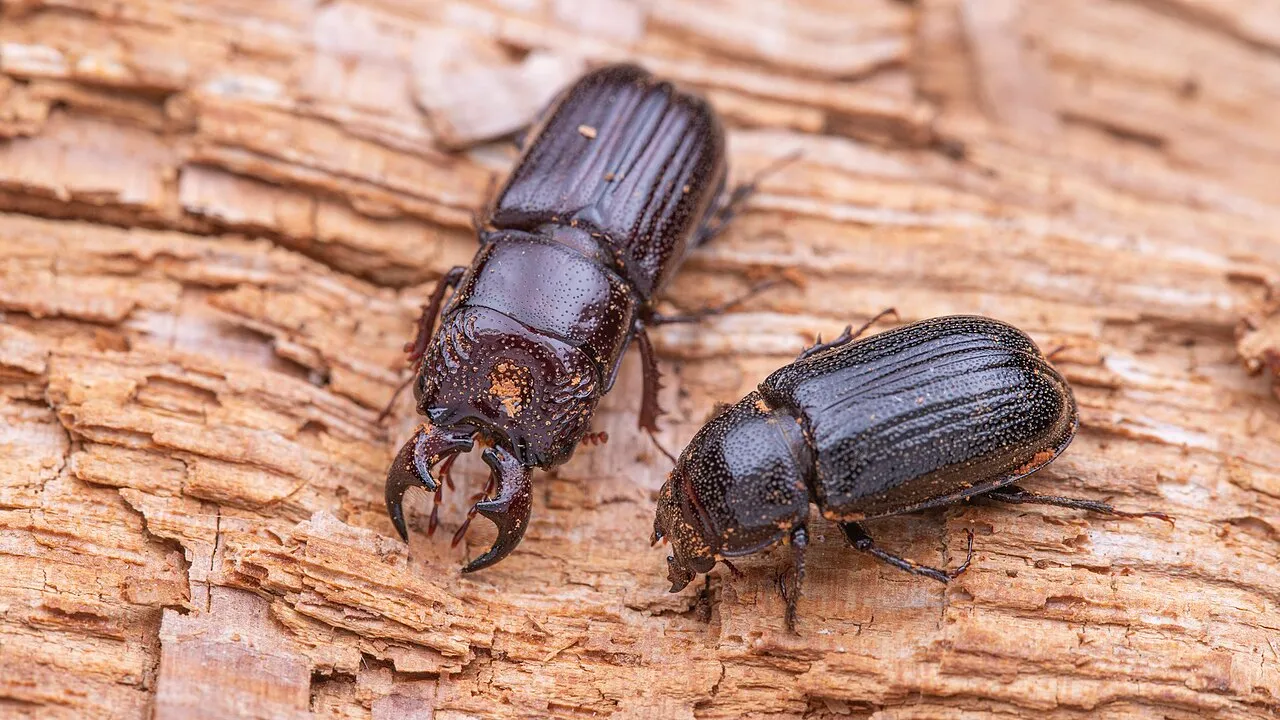
Beetles primarily function as consumers in ecosystems, feeding on plants or decaying organic matter. While some beetle species exhibit detritivorous behavior and contribute to decomposition, they are not typically classified as primary decomposers like fungi and bacteria. Therefore, beetles are predominantly categorized as consumers rather than decomposers.
Are Beetles Decomposers In Wetlands?
In wetland ecosystems, beetles can play a role in decomposition processes. Certain beetle species, particularly those adapted to wetland habitats, may consume decaying organic matter, contributing to the breakdown of dead plant material and other organic debris. While they may not be the primary decomposers, beetles can still aid in nutrient cycling and the recycling of organic material within wetland ecosystems.
Is A Beetle A Herbivore?
Yes, beetles are classified as herbivores. They primarily feed on plants, consuming various parts such as leaves, stems, flowers, and fruits as their main source of nutrition. This herbivorous diet makes beetles important consumers in ecosystems, playing a significant role in regulating plant populations and contributing to the overall balance of the ecosystem.
Is A Beetle A Carnivore?
While most beetles are herbivores, there are some species that are carnivorous. These carnivorous beetles typically prey on other insects, small invertebrates, or even other beetle species. However, the majority of beetles are indeed herbivores, with only a smaller subset exhibiting carnivorous behavior.
Is A Beetle an Omnivore?
While most beetles are either herbivores or carnivores, there are some omnivorous species. Omnivorous beetles have a diet that includes both plant material and other organisms, such as insects or decaying organic matter. However, omnivory is less common among beetles compared to herbivory or carnivory.
What Do Beetles Eat?
Beetles have diverse diets depending on their species, but they typically fall into three main categories:
-
Herbivorous Beetles: These beetles primarily feed on plants, consuming various parts such as leaves, stems, flowers, and fruits. Examples include leaf beetles, weevils, and longhorn beetles.
-
Carnivorous Beetles: Some beetles are predators, feeding on other insects, small invertebrates, or even other beetle species. Ground beetles, tiger beetles, and rove beetles are examples of carnivorous beetles.
-
Omnivorous Beetles: While less common, some beetle species have omnivorous diets, consuming both plant material and other organisms such as insects or decaying organic matter.
In general, beetles are incredibly diverse in their feeding habits, with over 350,000 species worldwide, each adapted to exploit a wide range of food sources in various habitats.
*Summary
- Beetles are primarily consumers, feeding on plants or decaying organic matter.
- They are classified as herbivores, consuming various plant parts as their main source of nutrition.
- Some beetle species exhibit detritivorous behavior, contributing to decomposition processes.
- Carnivorous beetles prey on other insects or small invertebrates, but they are less common than herbivorous species.
- Omnivorous beetles have a diet that includes both plant material and other organisms, though they are not as prevalent as herbivores or carnivores.
- Beetles play crucial roles in ecosystems by regulating plant populations, aiding in nutrient cycling, and contributing to the overall balance of the ecosystem.
| Aspect | Description |
| Classification |
Beetles are primarily consumers, with various species categorized as herbivores, carnivores, or omnivores.
|
| Diet |
Herbivorous beetles primarily feed on plants, while carnivorous species prey on other insects or small invertebrates. Some beetles are omnivorous, consuming both plant material and other organisms.
|
| Decomposition Role |
Certain beetle species exhibit detritivorous behavior, contributing to decomposition processes by consuming decaying organic matter.
|
| Ecological Importance |
Beetles play crucial roles in ecosystems by regulating plant populations, aiding in nutrient cycling, and contributing to the overall balance of the ecosystem.
|
FAQs about Beetles
- What are some common types of beetles?
- Some common types of beetles include ladybugs, dung beetles, weevils, and ground beetles.
- Do beetles pose any threats to humans or crops?
- While many beetles are harmless or even beneficial, some species can be pests, damaging crops or infesting stored food products.
- Are all beetles capable of flight?
- No, not all beetles can fly. While some species have wings and are capable of flight, others have reduced or absent wings and rely on other means of locomotion.
- How can I control beetle infestations in my home or garden?
- Beetle infestations can be managed through various methods, including sanitation, habitat modification, and the use of insecticides or biological control agents.
- Are beetles beneficial to the environment?
- Yes, beetles are beneficial to the environment in many ways. They contribute to nutrient cycling, pollination, and pest control, and serve as a food source for other animals.
Answers
- Common types of beetles include ladybugs, dung beetles, weevils, and ground beetles.
- While many beetles are harmless or beneficial, some can be pests, damaging crops or infesting stored food products.
- Not all beetles can fly; some species have wings and are capable of flight, while others have reduced or absent wings.
- Beetle infestations can be managed through sanitation, habitat modification, and the use of insecticides or biological control agents.
-
Yes, beetles are beneficial to the environment, contributing to nutrient cycling, pollination, and pest control, while also serving as a food source for other animals.
